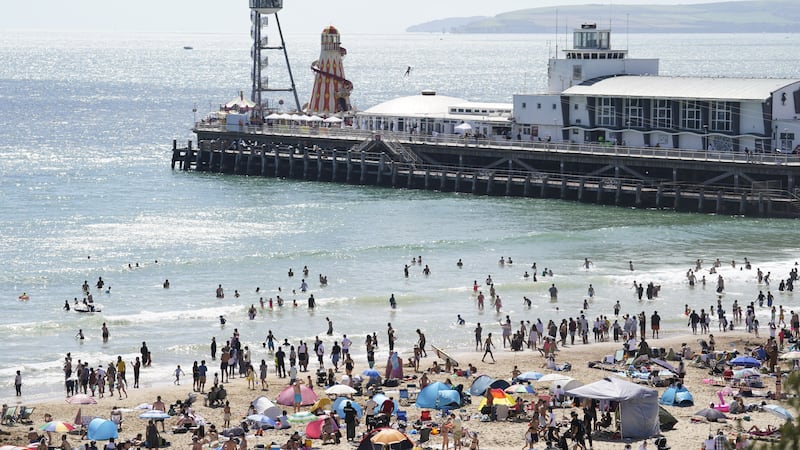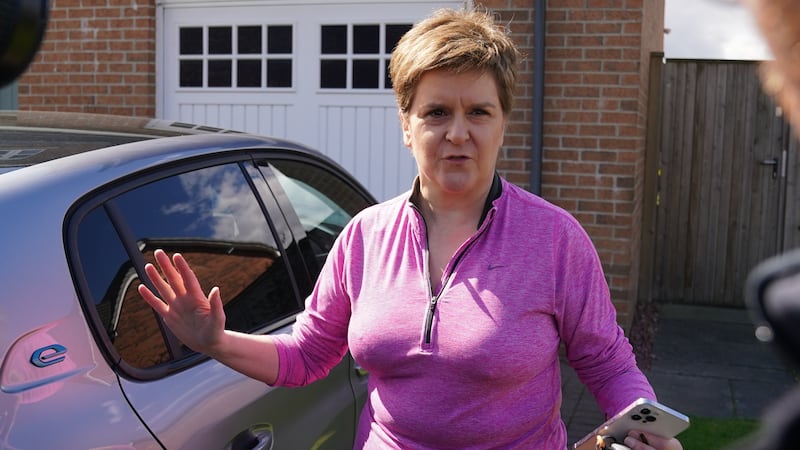A LEADING academic, who led the Hillsborough research team, has said a similar style independent panel could be used to report on the scale of clerical abuse in Northern Ireland.
Professor Phil Scraton, the lead author of the report into the disaster at Hillsborough Stadium that killed 96 people in 1989, is currently based at Queen's University in Belfast.
The Liverpool-born academic said that the same model used to investigate Hillsborough could be replicated to investigate the full extent of clerical abuse in the north.
A previous Historical Institutional Abuse inquiry (HIA) held into the physical, emotional and sexual abuse of children in state and church care was limited to vulnerable children who in state care.
The report, by retired judge Sir Anthony Hart, delivered its findings in January 2017, the same time the devolved assembly collapsed. The absence of a minister has meant that the recommendations made have never been implemented.
Victims will be challenging the failure of Secretary of State Karen Bradley to step in and implement the report's redress scheme at the High Court in Belfast early next month.
The challenge will also ask a judge to rule if Ms Bradley has a legal obligation to set a date for a fresh election in the event of a vacuum in governance.
Human Rights lawyer Claire McKeegan said: "It is not acceptable that the government continue to facilitate a prolonged political stalemate while numerous important decisions regarding the needs of society remain unresolved.
"This case will determine who has the obligation to act to end this prolonged vacuum in governance".
While the HIA investigated abuse at state-run institutions there have also been calls for a full public inquiry into the abuse of children and young people by members of the clergy and the alleged cover up by senior church officials.
Prof Scraton said that rather than a costly and time consuming public inquiry, an independent panel of academics and experts could deliver a more comprehensive report in less time for a fraction of the cost.
"When people use the word closure, what they really mean is they want to see justice being done. But that doesn't bring closure, that can't take away the struggle and pain suffered but you can deliver answers and recognition," he said.
"I think the best course would be an independent panel that has the expertise, so instead of a High Court judge you would have people with expertise in the areas you're examining. There would be a legal advisor on the panel and a medic who would be able to give expert opinion on damage inflicted, you would have those inquiring minds there and most importantly it would be outside the officialdom of government.
"The first question would be what do the victims want to come out of it because not all might feel the same way.
"We have to ask what is the value and what is the potential.
"With Hillsborough, for the majority of families, it was the verdict, confirmation of what they knew all along.
"There are no terms of reference with a panel which there would be with a public inquiry, instead it goes where the material is, so even at the beginning when you've set your agenda it can still at a later stage broadened out.
"I'd argue that there would be no need for the victims to give evidence again and be retraumatised further, those stories have been told sufficiently to now ask the questions of the institutions.
"And the way you ask the questions of the institutions is get them to open up all their records to scrutiny", he added.
"Financially it's a fraction of what a public judge led inquiry would cost and more importantly can deliver a more comprehensive report that can go where the information takes it", Prof Scraton added.




